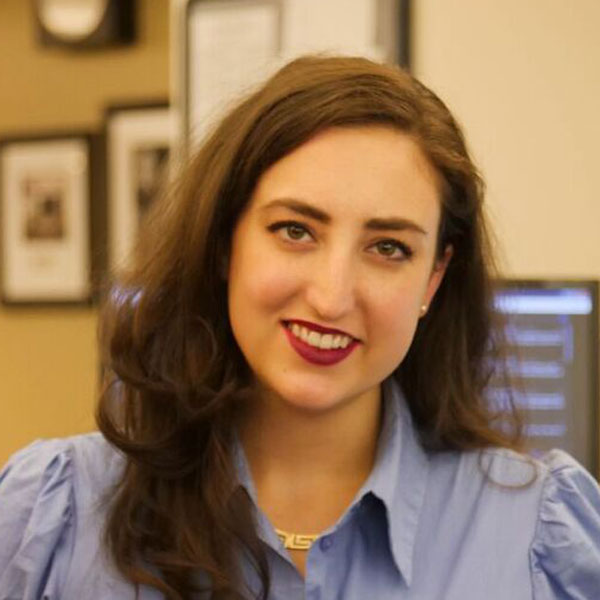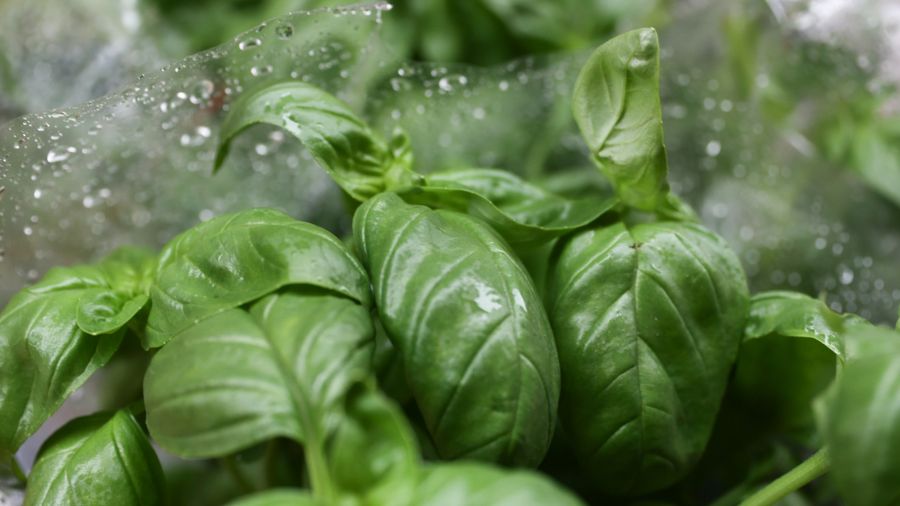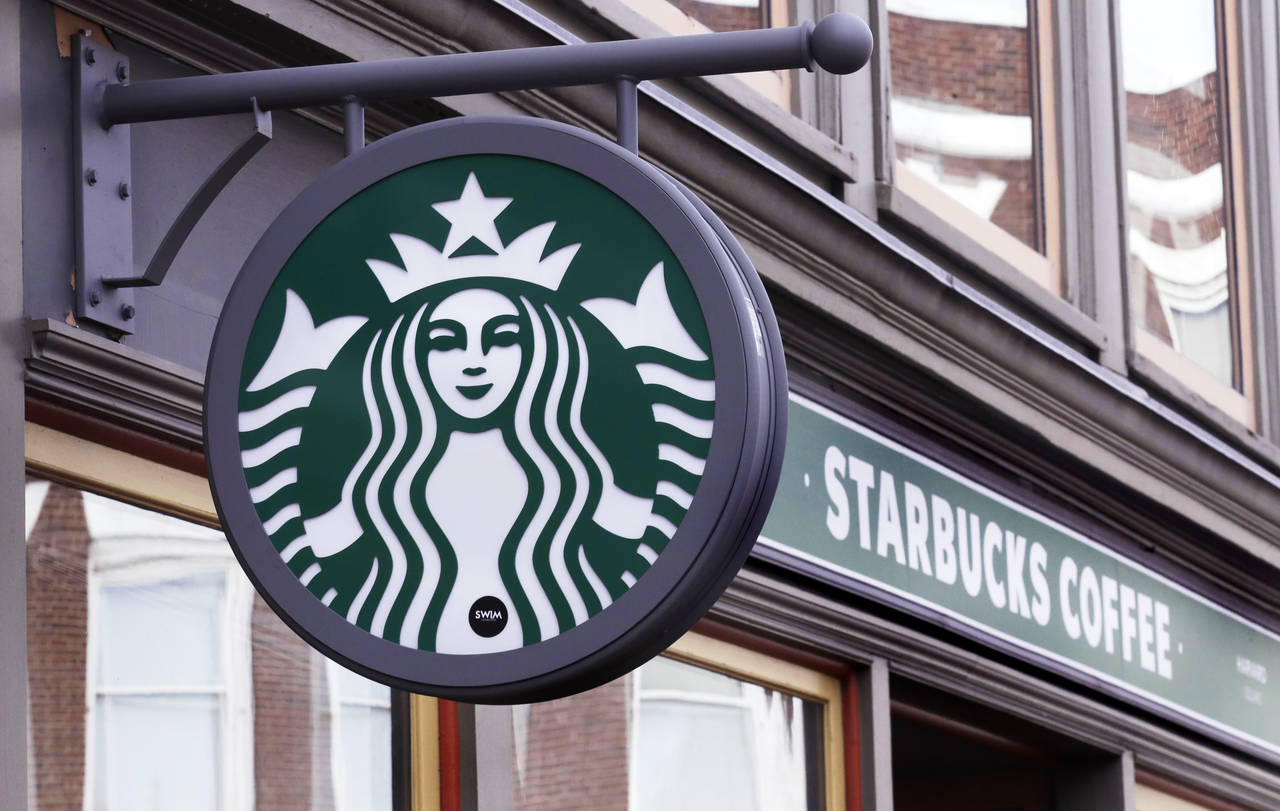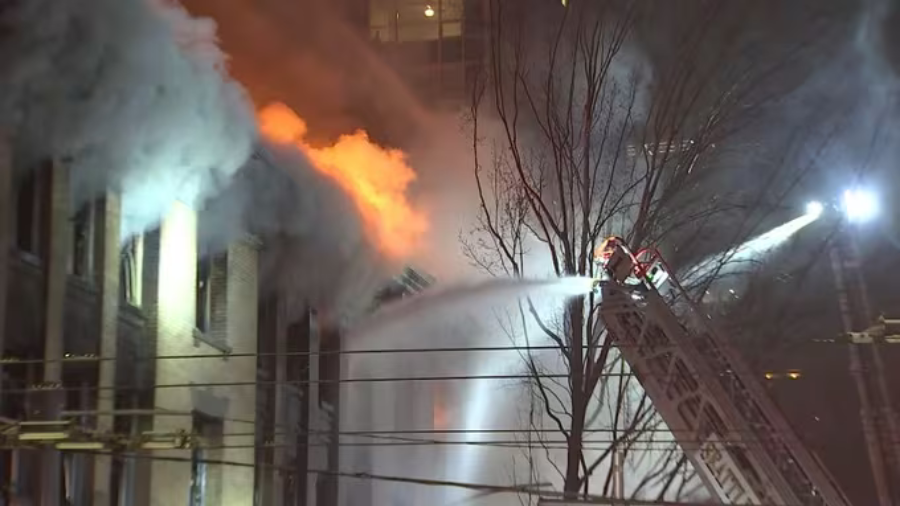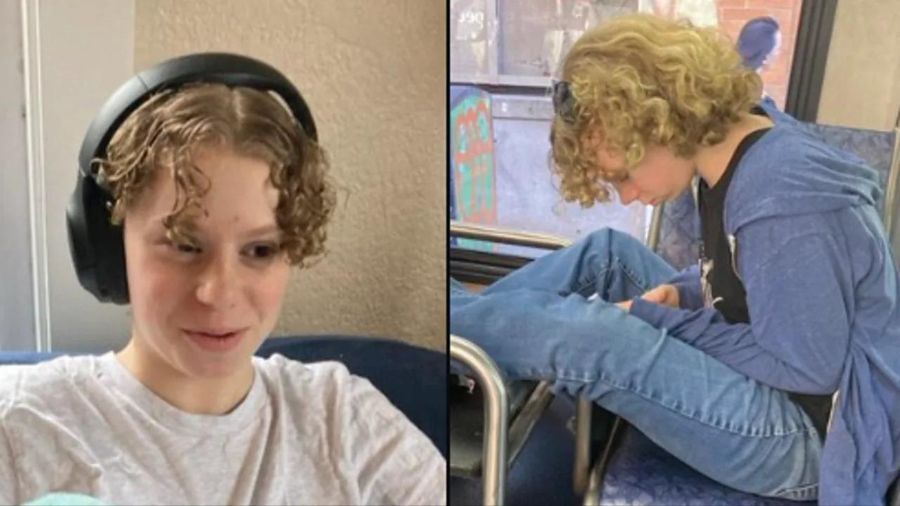Despite improving cancer treatments, Seattle doctor sees more seeking ‘natural’ remedies
Jun 3, 2016, 5:32 AM | Updated: 8:08 am

Fred Hutch is located in Seattle. (Fred Hutch)
(Fred Hutch)
It might be one of the most dreaded sentences a doctor can speak: “You have cancer.”
But as groundbreaking treatments continue to be developed and the odds of surviving climb, Doctor Bart Scott with Seattle’s Fred Hutchinson Cancer Research Center says more and more patients are rejecting recommended treatments in favor of natural remedies that run the gamut from herbal supplements to raw diets.

Dr. Bart Scott, who specializes in bone marrow diseases, accepts the Dr. Ali Al-Johani Award, which recognizes excellence in clinical patient care. Although cancer research is ramping up every year, Dr. Scott says he sees more patients looking to alternative therapies rather than treatments like chemo.
Dr. Scott says five years ago 10 percent of patients were turning away from chemo and radiation, often for religious reasons. But, with the rising popularity of natural medicine, as many as 25 percent of his patients now put off or refuse traditional treatments. And that’s a hard thing to hear.
“Honestly, it’s very difficult,” he said. “But you have to let people make their own decisions.”
He attributes that behavior to all the information — and misinformation — online, little of which is rooted in science.
“With cancer, since it’s a life-threatening illness, they want to believe that there’s some herb that they can take to make their cancer go away,” Scott said. “So, you know, I’m not really disappointed or angered with the patient. I’m disappointed and angered with the people who would try to profit off their susceptibility to this. That’s really a shame.”
And some people do profit by advertising holistic programs or natural pills that cure cancer.
“I had a patient that went for ‘stem cell therapy’ in Mexico,” Scott recalled. “They just got injections of things that they don’t even know what they are, which is really distressing. They ended up having a severe infection in their liver and in their blood stream and almost died from a complication from that.”
Another 28-year-old patient at Seattle’s Cancer Care Alliance, which partners with the Fred Hutch, chose coffee enemas and vitamin infusions over chemotherapy, radiation, and surgery prescribed by her doctor. After two years, the cancer, which was once curable, had spread to her liver. By the time the patient accepted treatment, the cancer was no longer curable.
A recent Fred Hutch study of 685 women in the U.S. with invasive breast cancer that had not spread shows nearly nine out of 10 were taking natural supplements, herbs, and minerals, or practicing mind-body therapies. Of the patients for whom chemotherapy was recommended, researchers reported 11 percent didn’t start that treatment.
Chemo and radiation aren’t right for everyone. For some patients who have terminal cases or other diseases alongside cancer, some oncologists will recommend palliative care. Often, it comes down to a balance between extending life and the quality of that life.
Fear and ‘big pharma’
In Dr. Scott’s experience, many patients who could be treated or even cured are attracted to natural or holistic treatments out of fear: fear of cancer, and fear of what cures it. They see the devastating effects chemo and radiation can have on the human body, and want to find another way to get better.
“I think that they see it as being safer,” Scott said. “I think that they see it as being less toxic. And I think that they read that it works. And so why wouldn’t they go for that? I mean, if you were told that, here’s a pill that won’t cause any side effects and it will get rid of your cancer, makes sense to try it. Problem is, that’s not factually correct.”
Still others distrust “big pharma” and think chemo is being pushed on them because it makes money. But Dr. Scott says that’s not the case.
“So if I had some magic pill that would get rid of your cancer, I would do it,” he said. “I don’t get paid more by giving toxic therapy. If I had less toxic therapy, I would do that.”
Ultimately, it’s the patients’ choice. All that Dr. Scott can do is advise them to the best of his ability. Many patients who delay recommended treatments such as chemo, radiation, or bone marrow transplants come back — and it’s important to give them that opening.
“If you shut down that conversation and you say ‘oh, that’s stupid’ or ‘that’s ignorant’ and try to take it in a negative way, the problem with that approach is that then the patient is ultimately going to be even further harmed because they’re going to be reluctant to come back to you when things go wrong,” Dr. Scott explains.
An approach like that could scare patients away. Dr. Scott’s strategy is data-focused, which is what he would recommend to any doctor faced with a patient rejecting treatment, or seeking treatment that’s not recommended.
“And I say, ‘You know you could choose that. You’ve read that on the Internet, but that’s not really a clinical trial, and clinical trials are how we try to discover if a treatment is good or not. And I have this other treatment that has been tested in a clinical trial and it shows, you know, 54 percent response rate and I think you should consider this – the side effects are this, this, and this.'”
What about patients who aren’t convinced?
“I’m not against alternative types of treatments,” Scott said. “What I would be against is using just alternative types of treatments solely. And I think it’s worth having this discussion with your physician, and sometimes, saying a chemo versus a non-chemo approach — how about a chemo plus a non-chemo approach? I think that’s a much better way to go about that. And I’m certainly willing to consider things that patients may want to do, in combination with [chemo] rather than subtraction from.”

